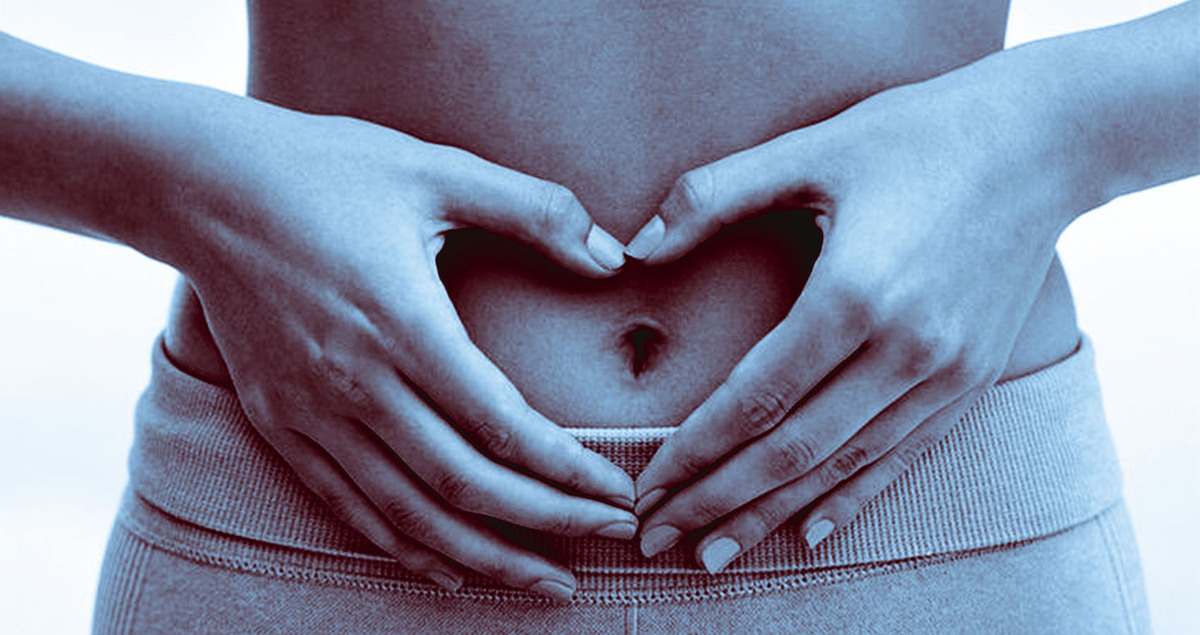
Probiotics for Weight Loss: Can Good Bacteria Help Shed Pounds?
Unlock weight loss with probiotics and balanced gut health.
Probiotics are live microorganisms that may induce certain health benefits.
The most well-known benefits include improved gut health and immune system support. Recently, research has shown that probiotics may also aid in weight loss.
In this article, we will explore the connection between the gut and the brain. We’ll examine how probiotics can influence this connection and impact weight management. Additionally, we’ll identify the probiotic strains that may be most beneficial for supporting healthy weight goals.
What are probiotics?
Probiotics are live microorganisms, often bacteria and yeasts. They are considered to be ‘helpful’ in supporting gut health and general well-being.
These microorganisms work by helping maintain or restore the healthy balance of both ‘bad’ and ‘good’ bacteria that normally live in the gut. This is called gut flora, gut microbiota, or gut microbiome.
There are many strains of probiotics, each offering different potential health benefits.
The most studied probiotics include those of the Lactobacillus, Bifidobacterium, and Saccharomyces species.

Do probiotics help with weight loss?
Studies have shown that the gut microbiota may play a role in weight management. This influence occurs through various actions, such as:
- Regulating the amount of energy extracted from food.
- Influencing fat storage in tissues.
- Modulating appetite.
- Impacting inflammation levels.
While research is still ongoing, evidence shows that probiotics may positively impact metabolism and potentially support body weight and fat regulation. However, it's essential to approach weight management holistically, integrating diet, exercise, and lifestyle changes for the best results, as probiotics alone are not a comprehensive solution.
Gut and weight connection
There is a two-way connection between the gut and the brain. This is possible through what is known as the gut-brain axis (GBA).
Disruptions in this system increase the risk of obesity and certain digestive disorders.
The GBA is a system in which the microbiota plays a significant role. Research has shown a link between overweight/obesity and the gut microbiota.
When compared with people of a normal weight range, obese people often have an imbalanced gut microbiota. Otherwise known as dysbiosis.
Furthermore, they tend to have an imbalanced ratio of Bacteroidetes/Firmicutes bacteria. And, their gut microbiota is also less diverse.
All these factors may contribute to weight gain by:
- Increased absorption of calories from foods. This can lead to increased fat storage in the tissues of the body.
- Impairment of satiety/appetite signals.
- Hormone imbalances.
- The release of harmful substances may trigger inflammation, potentially contributing to obesity-related metabolic disorders, including cardiovascular disease and type 2 diabetes.

Types of probiotic strains for weight management
Not all probiotics are the same. Even different strains within the same species can impact your health in varied ways.
Some of the most-studied probiotics that show promise for supporting weight loss are:
- Lactobacillus rhamnosus
- Lactobacillus acidophilus.
- Lactobacillus gasseri.
- Lactobacillus curvatus.
- Lactobacillus plantarum.
- Bifidobacterium bifidum.
- Bifidobacterium longum.
- Bifidobacterium infantis.
- Enterococcus faecium.
These strains showed positive results for weight loss and improvement of body composition. Nevertheless, some of the studies were done on people who included physical exercise and diet changes in their daily routines. Therefore, this may have affected the results.
In any case, the best results were obtained when multiple probiotic strains were combined instead of using a single one.

Incorporating probiotics into your diet
Incorporating probiotics in your daily routine can be easier than you may think. There is a wide myriad of probiotic-rich foods and supplements that you can add to your diet.
Some examples may include:
- Yogurt. Look for brands that state they contain live and active cultures.
- Cheeses with live cultures, e.g. gouda, cheddar, and cottage cheese.
- Kefir, a fermented milk drink.
- Kombucha, a fizzy fermented tea drink.
- Sauerkraut (fermented cabbage).
- Kimchi (fermented vegetable mix).
- Miso soup, a traditional Japanese dish.
- Tempeh or natto, fermented soybean products.
- Sourdough bread, a type of bread that is made through a fermentation process.
Nevertheless, if you struggle to add natural probiotics to your meals, you can also try probiotic supplements — such as those from Love Wellness, a women’s wellness brand offering high-quality probiotic supplements formulated to support gut balance and overall digestive health. Probiotic supplements come in capsules, powder, or liquid presentations.
Furthermore, you can also add prebiotics to your diet to improve the effects probiotics may have on your health.
Prebiotics are ‘food’ for probiotics. They are available in the form of supplements. Some foods like bananas, soybeans, onions, and garlic are also rich in prebiotics.

Limitations and considerations
Despite their many potential benefits, probiotics are not a magic solution for all health problems. And, as such, they should not be used as a stand-alone tool for weight management.
The effectiveness of probiotics for weight loss is limited. Several factors can affect it, including:
- Probiotic strain. Not all strains work in the same way, and not every probiotic is effective for weight management.
- Individual characteristics. Several factors can have an impact on the effect of probiotics on the body. These include pre-existing gut microbiota, genetics, diet, and lifestyle choices.
- Ongoing use. Probiotics require continued use for sustained effects. Their potential health benefits may diminish once supplementation stops.
- Delayed results. Probiotics work slowly and consistently. This means their effects may take weeks to months to become noticeable.
Furthermore, people with compromised immune systems, like those with cancer, HIV, or lupus, need to be cautious. Certain probiotics could potentially increase the risk of infections in this population.
So, it is best to always consult a healthcare provider before starting probiotics.
Conclusion
Probiotics work best as a supportive tool for gut health and overall wellness. Not as a primary or stand-alone solution.
A poor diet and a sedentary lifestyle may have a negative impact on the use of probiotics for weight loss. This happens because probiotics do not counterbalance excessive calorie intake or inactivity.
So, for better results, probiotics should be part of a holistic weight management plan, including a balanced diet, regular exercise, and overall lifestyle improvements.
FAQs
Can probiotics alone help with weight loss?
Research has found that certain types of probiotics alone may help with weight loss. However, they work better as part of a holistic approach, such as a healthy diet, exercise, and lifestyle changes that support overall wellness and weight management.
How long does it take to see results from probiotics?
It can take weeks to months to see results from probiotics, depending on several factors. For instance, the previous state of the gut microbiome, genetics, diet, and lifestyle choices. Some people may see changes sooner than others, especially if they have dysbiosis.
Can I get enough probiotics from food alone?
Yes. It may be possible to get enough probiotics from food alone. And, especially if you incorporate probiotic-rich foods into your diet regularly. Foods like yogurt, kefir, or sourdough bread, may help you meet your probiotic needs. So, a balanced diet may help you avoid the need for probiotic supplementation.
How do I choose the right probiotic supplement for weight loss?
Certain probiotic strains may be more effective than others in potentially aiding weight loss. The best approach is to consult with a healthcare practitioner who can guide you in selecting the probiotic strain that best suits your needs.











